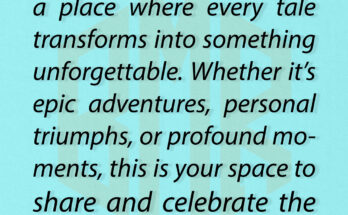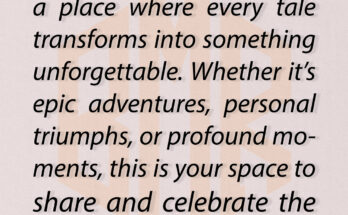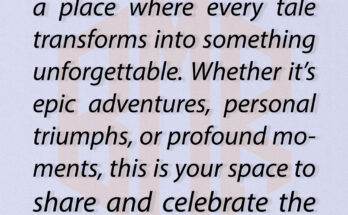When my father passed away, he left me one thing: a rusty, locked toolbox. Days later, my stepmother April appeared at my door, flashing that familiar smile that always meant trouble. She offered me $5,000 in cash—if I promised to throw the box away.
“Why would she pay me to toss something she claimed was worthless?” I wondered. Something about that box scared her.
April stepped inside without waiting. Her eyes locked onto the toolbox. “That rusty thing will ruin your carpet,” she said. “I’ll give you $5,000 to get rid of it.”
I stared at her. “Why?”
She shrugged. “I feel bad you didn’t get anything else. You won’t use it.”
“But Dad left it to me for a reason.”
“Come by tomorrow,” she said, pulling out a thick envelope. “Pick something else to keep. I’ll give you the cash now.”
I declined. Her smile faltered. “Suit yourself,” she said, slipping the envelope back into her purse. “It’s not like you even have the key.”
“The lawyer said you might.”
“He lost it years ago,” she replied quickly, eyes darting.
I didn’t believe her.
The next day, I tried everything—bolt cutters, hammer, even a bobby pin. Nothing worked. I collapsed, staring at the box. April had lied. I knew where she kept valuables: her jewelry box.
I called her. “I’ve been thinking. Can I come over to look at Dad’s things?”
“Of course! Come for tea.”
That afternoon, I pretended to browse mementos while plotting. “Excuse me,” I said mid-tea. “Bathroom.”
Instead, I slipped into her bedroom. In the top drawer of her dresser sat the jewelry box. Inside, nestled among trinkets, was a key with the same brand as the toolbox lock.
Bingo.
Back in the living room, I feigned interest in cufflinks and ties. “I need more time,” I said.
“Take all the time you need.”
I went home, slid the key into the lock—and it clicked.
Inside: screwdrivers, flashlights, hex keys. Just tools. I removed the tray. Beneath it, wrapped in plastic, was an envelope.
Inside: divorce papers between Dad and my mother, Susannah—the woman he claimed died when I was two.
She hadn’t died. He’d lied.
I drove to April’s house. “You opened it,” she said, pale.
“And found the papers. You knew.”
“He made me promise not to tell. It was for your own good. She wasn’t safe.”
“Why?”
“She went nuts after you were born. Thought you weren’t real. Postpartum psychosis, maybe. She’d take meds, then stop. Disappeared for days. He had her committed. She ran. He divorced her.”
I’d mourned a woman I never knew. “What happened to her?”
“I don’t know,” April snapped. “And what does it matter? I’ve been more of a mother than she ever was.”
“You didn’t want me to open that box because you knew I’d ask questions.”
April said nothing.
“I want to know what happened to her.”
Three days of searching led me to her obituary. She’d died the previous year.
I visited her grave. The headstone was simple. I placed white roses beside dried daisies.
“I’m sorry,” I whispered. “I wish I’d known you.”
I cried until my throat was raw. Then I heard footsteps.
An older woman approached. “Marla?” she gasped. “You look just like Susannah.”
“You knew her?”
“She was my sister. I’m Tanya. After the divorce, your father cut all contact.”
“Did she get better? Did she ask about me?”
“She struggled, but she had good moments. And when she did, she missed you fiercely.”
I sobbed. Tanya handed me a tissue. “Let’s get coffee,” she said. “We have years to catch up.”
I’d lost my mother—but found a piece of her in Tanya. And that toolbox? It gave me the truth I’d been denied my whole life.


